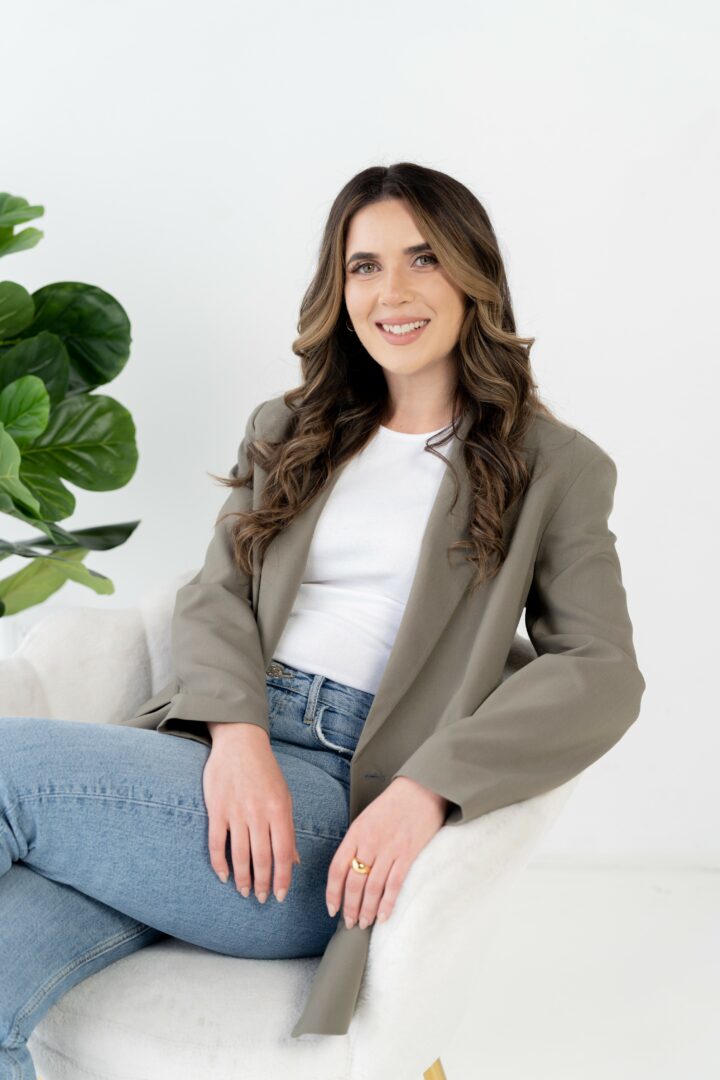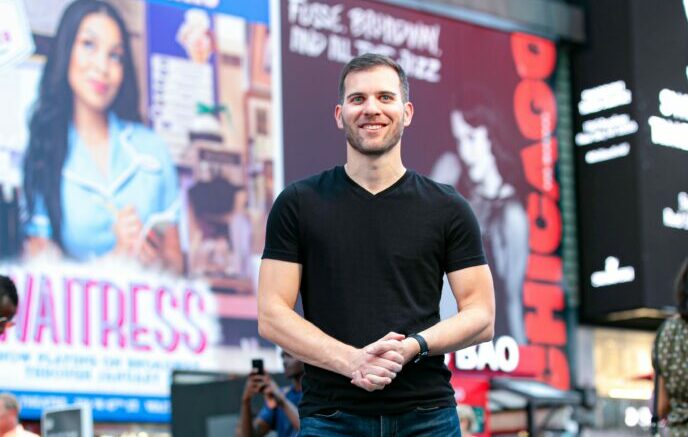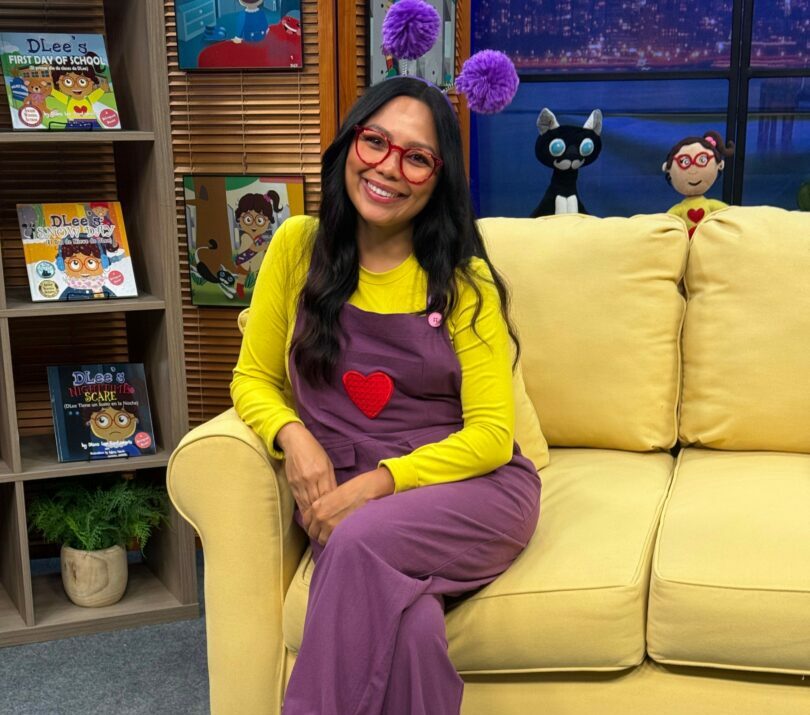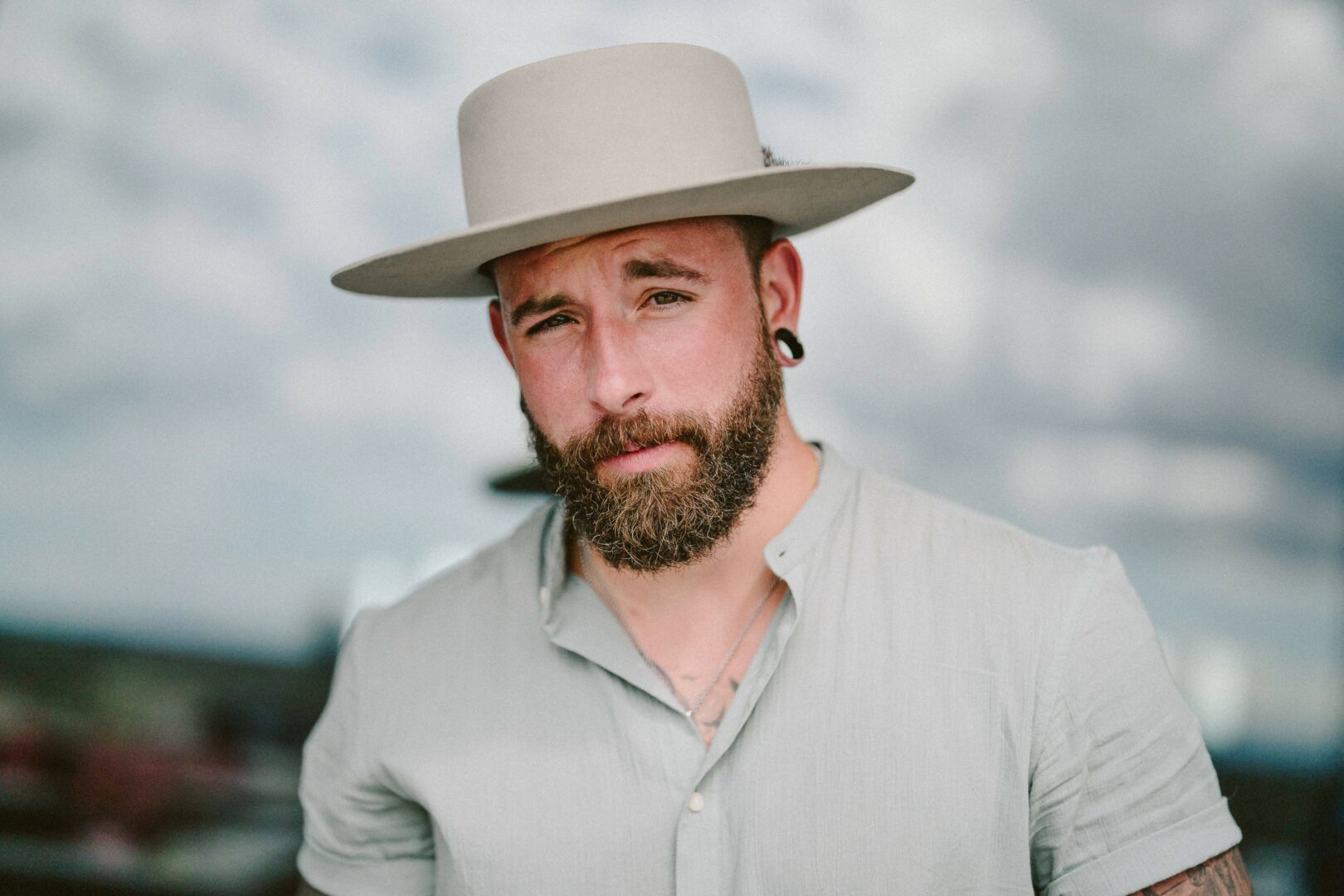We caught up with the brilliant and insightful Stephanie Michaelian a few weeks ago and have shared our conversation below.
Hi Stephanie, thank you so much for opening up with us about some important, but sometimes personal topics. One that really matters to us is overcoming Imposter Syndrome because we’ve seen how so many people are held back in life because of this and so we’d really appreciate hearing about how you overcame Imposter Syndrome.
Overcoming and managing my imposter syndrome is an ongoing process. As a young therapist, I often put pressure on myself to be “effective”–to ensure that my clients are making progress in some sort of way, that I am making their time with me as well as their resources worthwhile, that I can help them achieve the goals that they came to me with. It is easy to forget that therapy is a relationship. Focusing so much on “Am I being helpful?” takes away from “Does this person feel seen right now? Do they feel understood? Do they trust that I am on their side and am here carrying their pain with them, and that they are not alone?” It is so easy to get caught up with learning and utilizing the most helpful and/or up-and-coming techniques, interventions, and modalities that I sometimes will forget that therapy is a human-to-human connection. That no matter how many tools I have in my toolbox to help my client, our relationship and their feelings of safety supersede any training I have taken. I continuously remind myself that outside of the therapy room, I am responsible for providing myself with the education, supervision, and/or consultation necessary to help my client with the particular issues and concerns that they have come to see me for. But I also remind myself, and perhaps so many other younger therapists, that we not only know so much more than we give ourselves credit for and have spent many hours and resources getting educated and trained for a myriad of issues, but that inside of the therapy room, we are sitting alongside a fellow human who wants to be seen and heard. That when we are so in our heads about proving ourselves and our level of knowledge and competence, we miss out on all the ways in which it is an absolute honor and a gift to be allowed into another person’s internal world.
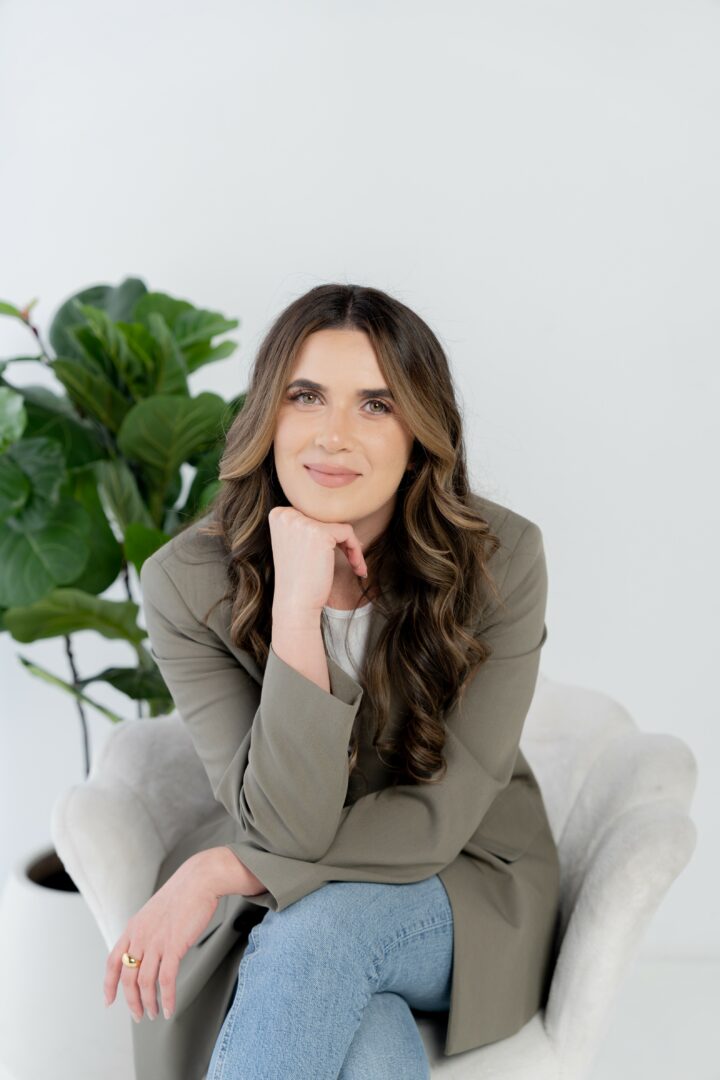
Thanks for sharing that. So, before we get any further into our conversation, can you tell our readers a bit about yourself and what you’re working on?
I’m a Licensed Marriage and Family Therapist in Los Angeles. I work primarily with young adults in their 20’s and 30’s who find themselves struggling with anxiety, depression, life transitions, as well as relationship issues. I also have a special interest in working with adult children of narcissistic parents who may be recovering from years of emotional abuse, learning to build their independence, autonomy, and boundaries, as well as creating an identity outside of the one that they were conditioned to believe would provide them with the most love, acceptance, validation, and “safety.” I utilize a humanistic and existential approach, as much of my work with my clients entails helping them figure out who they are, why they are here, and how they can show up in a way that brings them meaning. I also draw from a number of other theories to individualize my work with my clients in different ways, whether that be utilizing CBT to help clients alleviate anxiety through exposure therapy, or family systems theory to assist clients in understanding and working through dysfunctional family dynamics. I feel lucky to say that I cannot imagine myself in another career, and where I am is exactly where I am meant to be. Being invited into another’s internal world is not something I take lightly or for granted. I feel so fortunate to even be a small part of someone’s journey towards healing, to help them live in their authenticity and truth, to use their freedom to feel more empowered and make the choices that align with the life they want to live and the person they want to be in this world, and to help them recognize that they have so much more responsibility, power, and control than they may believe. I see individuals in my office in Los Angeles, as well as individuals residing anywhere in California via teletherapy.
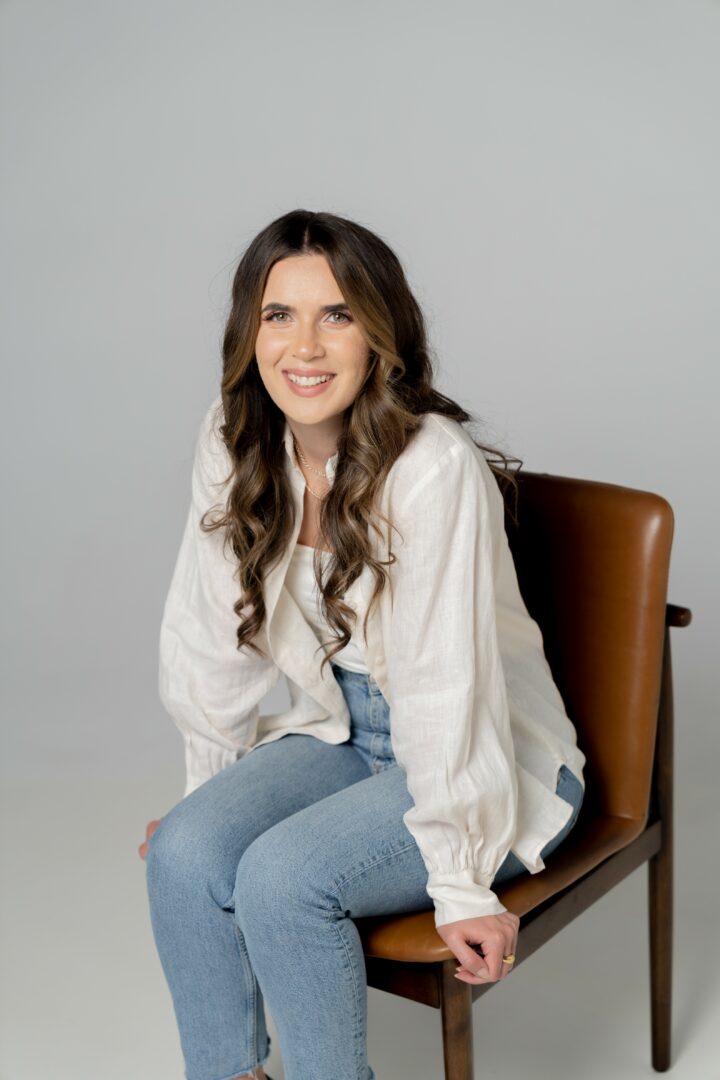
If you had to pick three qualities that are most important to develop, which three would you say matter most?
One of the skills that I continue to develop is my ability to maintain boundaries within my work as well as practice self-care. I cannot count the number of times I found myself feeling incredibly burnt out in my early career, whether that was during graduate school when I was finishing up my degree while also working at a practicum site to gain clinical hours and receiving supervision, or while opening up my private practice for the first time and working all hours of the day and week to maintain a client load. I have now learned that it is impossible to pour from an empty cup, and it is unfair to both me and my clients when I try to show up for them while feeling exhausted and overworked. That is a recipe for feeling disconnected from the valuable work I am doing, the fulfillment and meaning in brings to me, as well as the growth and healing it could bring to my clients when I am able to show up for them fully. Another important skill I have learned is the ability to ask for help, whether that is seeking supervision from a mentor or consulting with another therapist who may have more experience with a particular issue or diagnosis. It is so invaluable to learn from others who may have different tools to share or knowledge to impart, as well as alternative perspectives or ways of working with an individual when I may be feeling stuck with what direction to take my treatment with them. Lastly, when it comes to continuing to build my client load, networking and meeting other therapists that specialize in other areas or niches has been so incredibly important. It is so valuable to have a referral network to refer to when I get an inquiry from a client that I may not have the experience or skillset to work with, such as those who may come in with a concern that requires a more specialized approach. It is through building this network that we can get connected to the clients that we are the best fit to help, as well as lead more clients in the direction where they can be set up to achieve the goals and receive the healing they deserve.

Who is your ideal client or what sort of characteristics would make someone an ideal client for you?
My ideal client is a young adult in their 20’s or 30’s who appears to “have it all together,” but who may be deeply struggling to feel connected to themselves and fulfilled in the life they have worked hard to create. It may look as though they are engaged in social situations, but inside they are feeling anxious and going in circles in their heads about how they are being perceived, whether the thing they just said would make them look “weird,” or whether people are judging them as harshly as they are judging themselves. Maybe they have a high-paying job they strived hard to achieve, and friends and a partner that support them, though they continue to wonder whether they are good enough for the things in their life, and they find themselves wondering whether getting a promotion, raise, or picking up a new hobby will bring them the feeling of wholeness and contentment they have been looking for. My ideal client is also someone finding themselves in recurring patterns, such as in dating, perhaps by choosing the same unavailable partners or continuously tolerating unhealthy relationship dynamics. My ideal client may also struggle to voice their opinion for fear that others won’t listen or will reject them, perhaps because they never actually felt heard or understood by others in their life. They might struggle with people-pleasing and find themselves bending over backwards to make others happy and contorting themselves into the person they think they need to be in order to gain acceptance, approval, belonging, and love from others. They may struggle to find meaning in their lives, and find themselves often asking big questions like “Who am I?” and “What am I here for?” They may have had a challenging childhood that has made it hard for them to feel comfortable being their own person, setting boundaries, or seeking autonomy and independence. My ideal client may be someone who wants to break free from their perfectionism and is seeking a stronger sense of self that is grounded in authenticity.
Contact Info:
- Website: https://stephaniemichaelian.com
- Other: Email: [email protected]
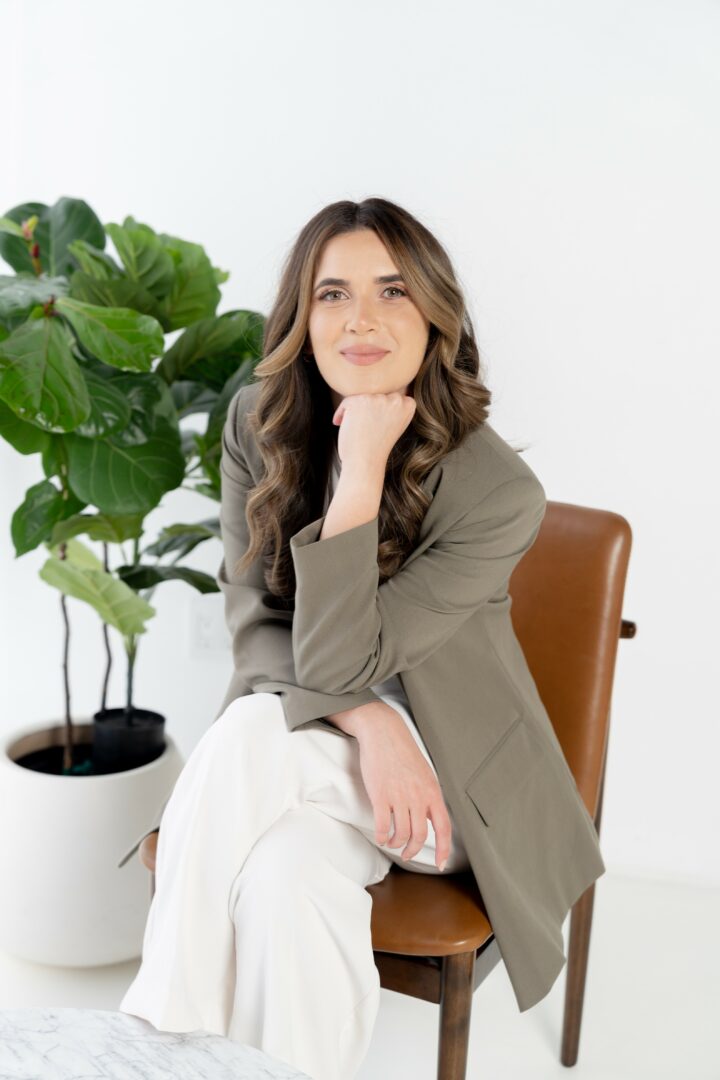
Image Credits
RTG Photography
so if you or someone you know deserves recognition please let us know here.

